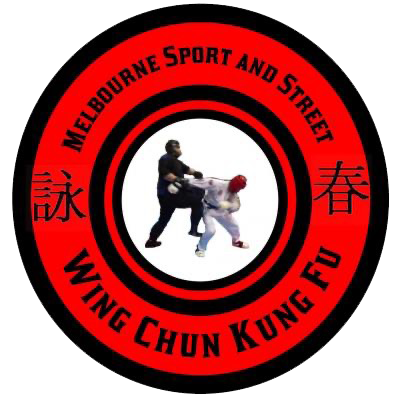Exploring Innovative Technology in Martial Arts Training Equipment
The Fusion of Technology and Martial Arts
Advancements in technology have brought about a revolution in how martial artists train, learn, and refine their skills. These innovations complement traditional training methods, offering new avenues for improvement and enhancing the overall training experience.
Virtual Reality and Augmented Reality Training
Virtual reality (VR) and augmented reality (AR) are transforming the way martial artists practice. VR simulations can transport practitioners to different training environments, allowing them to spar with virtual opponents, refine techniques, and immerse themselves in realistic scenarios. AR overlays digital information onto the physical world, offering real-time feedback on form, stance, and movement.
Smart Wearables for Performance Analysis
Wearable technology, such as smart gloves, wristbands, and sensor-embedded clothing, offers real-time data on performance metrics like speed, accuracy, and power. These insights provide instant feedback, allowing martial artists to make adjustments and track progress over time. Smart wearables help fighters refine their techniques and optimize their training routines.
Interactive Training Equipment
Innovative technology has given rise to interactive training equipment that responds to a practitioner’s movements, providing dynamic challenges and simulations.
Interactive Pads and Targets
Interactive focus mitts and strike pads use sensors to detect the impact of strikes and provide auditory or visual cues in response. These pads offer realistic training scenarios, enhancing accuracy, timing, and reaction speed. They simulate sparring conditions and keep fighters engaged in their training.
Versatile Training Dummies
Robotic training dummies are equipped with sensors that simulate real opponents’ movements. These dummies can mimic various fighting styles, allowing practitioners to practice defense, counterattacks, and footwork. They provide a dynamic training experience without the need for a training partner.
Virtual Coaches and Training Apps
Technology has brought expert coaching to the palms of martial artists’ hands through mobile apps and virtual coaching platforms.
Training Apps for Techniques and Workouts
Mobile apps offer instructional videos, workout routines, and technique breakdowns that can be accessed anywhere. These apps cater to different fighting styles, offering tailored guidance for beginners and advanced practitioners alike. They are valuable resources for refining techniques and maintaining consistency in training.
Virtual Coaching Platforms
Virtual coaching platforms connect martial artists with experienced instructors through online sessions. These platforms offer personalized feedback, training plans, and live sessions for remote learning and improvement. They bridge the gap between traditional in-person training and digital accessibility.
The Benefits of Technology-Driven Training Gear
Embracing innovative technology in martial arts training equipment offers numerous benefits for practitioners of all levels.
Enhanced Engagement and Motivation
Technology-driven gear keeps training sessions dynamic and engaging. The interactive nature of these tools motivates fighters to push their limits and stay committed to their practice.
Accurate Performance Monitoring
Smart wearables and sensors provide accurate data on performance metrics, helping fighters track their progress and identify areas for improvement. This data-driven approach leads to more effective training and skill development.
Accessible Learning
Virtual reality simulations and training apps provide accessible learning resources, enabling martial artists to learn and practice techniques at their own pace and convenience.
Balancing Tradition and Innovation
While technology is transforming the landscape of martial arts training, it’s important to strike a balance between embracing innovation and preserving the core principles of fighting styles.
Conclusion
Innovative technology is reshaping the way martial artists train, learn, and evolve. Virtual reality, smart wearables, interactive training equipment, and coaching apps are revolutionizing the training experience. As you embark on your martial arts journey, consider how these technological advancements can enhance your skills, elevate your training, and propel you towards becoming a well-rounded and proficient martial artist. By blending tradition with innovation, you can harness the power of technology to master the art of fighting styles.

